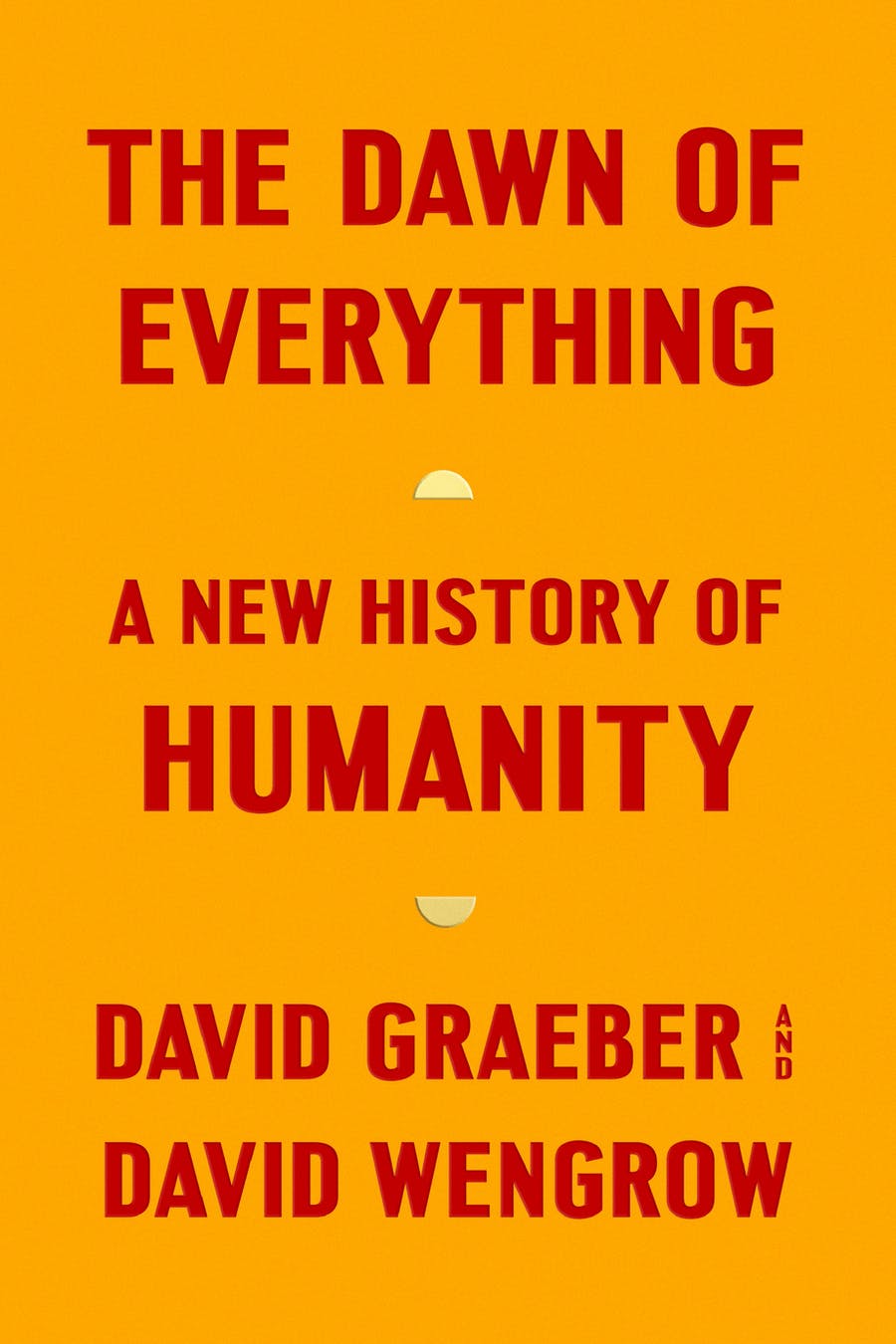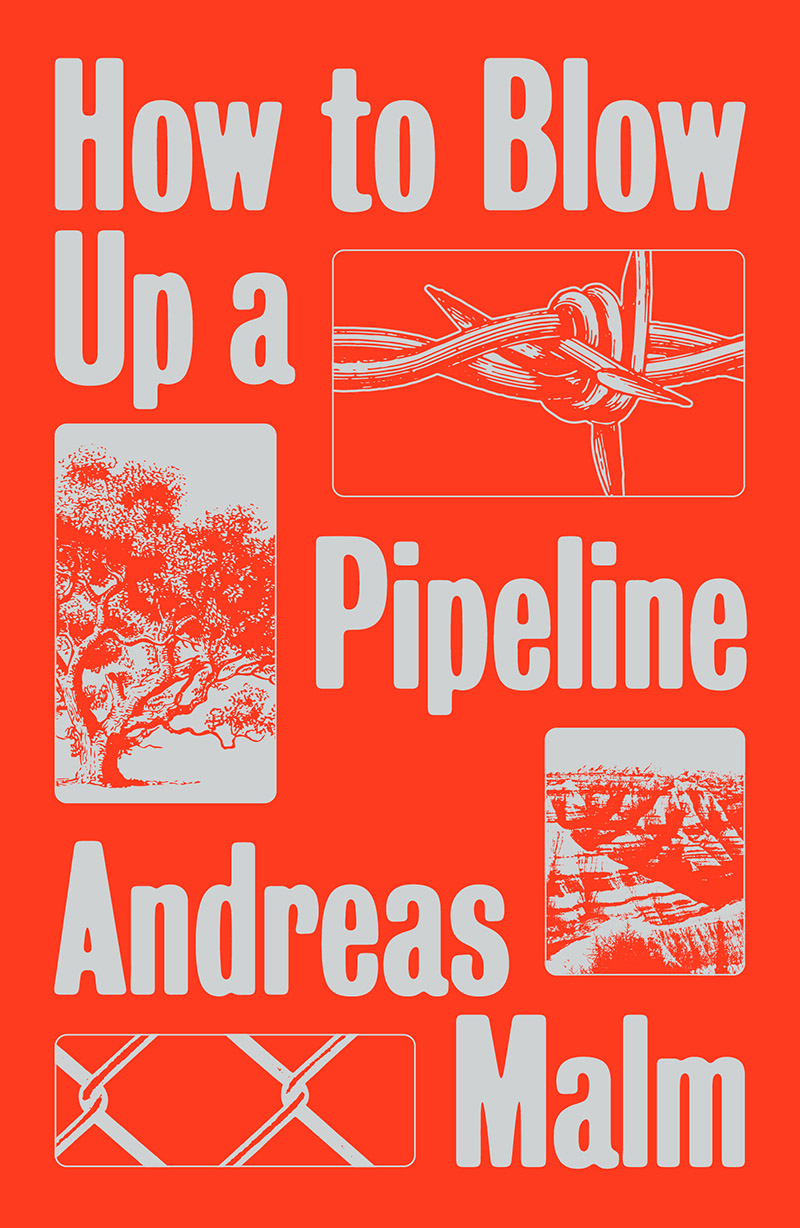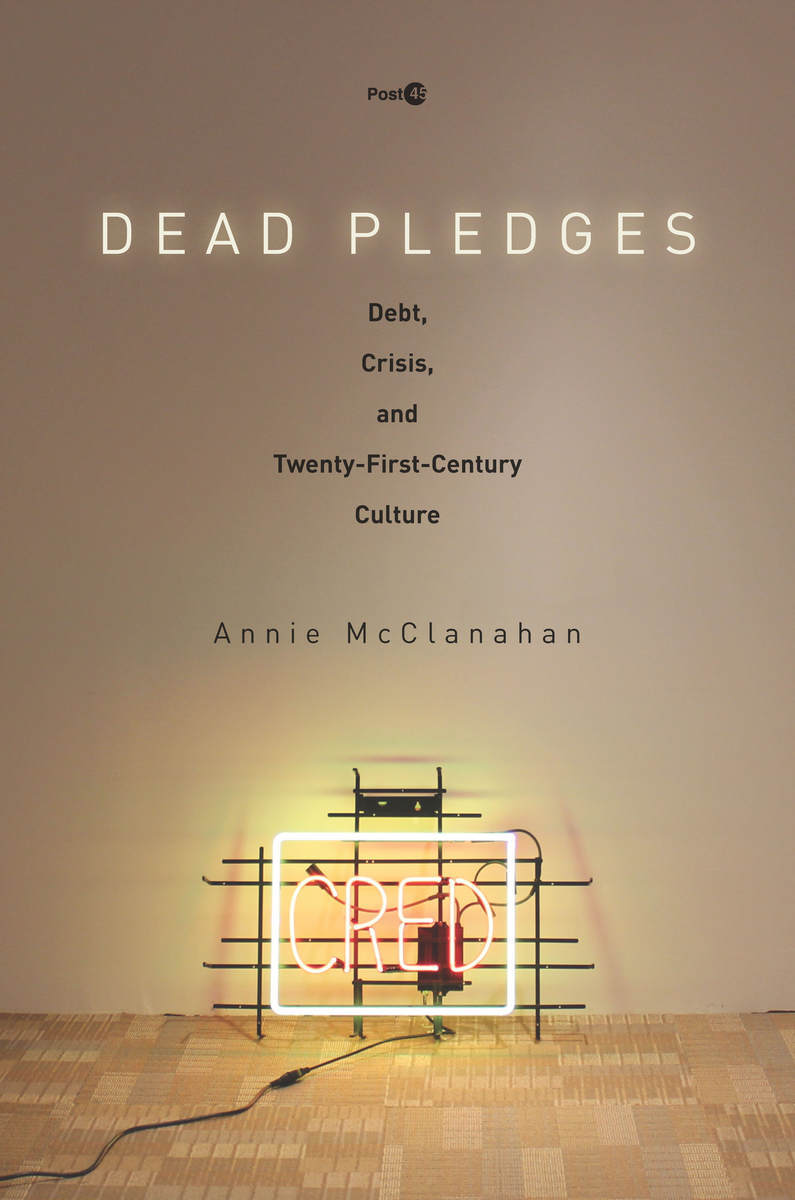David Graeber, David Wengrow: The Dawn of Everything: A New History of Humanity (2021)
Filed under book | Tags: · agriculture, bureaucracy, city, critique, history, human, indigenous peoples, politics, production, progress, property, sovereignty

“For generations, our remote ancestors have been cast as primitive and childlike–either free and equal innocents, or thuggish and warlike. Civilization, we are told, could be achieved only by sacrificing those original freedoms or, alternatively, by taming our baser instincts. David Graeber and David Wengrow show how such theories first emerged in the eighteenth century as a conservative reaction to powerful critiques of European society posed by Indigenous observers and intellectuals. Revisiting this encounter has startling implications for how we make sense of human history today, including the origins of farming, property, cities, democracy, slavery, and civilization itself.
Drawing on research in archaeology and anthropology, the authors show how history becomes a far more interesting place once we learn to throw off our conceptual shackles and perceive what’s really there. If humans did not spend 95 percent of their evolutionary past in tiny bands of hunter-gatherers, what were they doing all that time? If agriculture, and cities, did not mean a plunge into hierarchy and domination, then what kinds of social and economic organization did they lead to? The answers are often unexpected, and suggest that the course of human history may be less set in stone, and more full of playful, hopeful possibilities, than we tend to assume.”
Publisher Farrar, Straus and Giroux, November 2021
ISBN 9780374157357, 0374157359
xii+692 pages
Reviews: William Deresiewicz (The Atlantic, 2021), Giulio Ongaro (Jacobin/Tribune, 2021), Jennifer Schuessler (The New York Times, 2021), Kwame Anthony Appiah (The New York Review, 2021), David Priestland (The Guardian, 2021), Emily Kern (Boston Review, 2021), Steve Rushton (Bella Caledonia, 2021), George Scialabba (New Republic, 2021), Chris Knight, Nancy Lindisfarne and Jonathan Neale (Monthly Review, 2021), Tunku Varadarajan (Wall Street Journal, 2021), Erle C. Ellis (Science, 2021), Peter Isackson (Fair Observer, 2021), Noah Berlatsky (NBC News, 2021), Annalee Newitz (Washington Post, 2021), Matthew Porges (LA Review of Books, 2022), Richard Handler (TLS, 2022), anon. (Astral Codex Ten, 2022), Milena Bartlová (A2larm, 2022, CZ), Joe Gill (Middle East Eye, 2023), Jan Bělíček, Eva Klíčová (Alarm, podcast, 2024, CZ), more.
Book website
Publisher
WorldCat
Andreas Malm: How to Blow Up a Pipeline: Learning to Fight in a World on Fire (2021)
Filed under book | Tags: · activism, climate, climate crisis, direct action, disobedience, oil, property, protest, sabotage, social movements, violence

“Why resisting climate change means combatting the fossil fuel industry
The science on climate change has been clear for a very long time now. Yet despite decades of appeals, mass street protests, petition campaigns, and peaceful demonstrations, we are still facing a booming fossil fuel industry, rising seas, rising emission levels, and a rising temperature. With the stakes so high, why haven’t we moved beyond peaceful protest?
In this lyrical manifesto, noted climate scholar (and saboteur of SUV tires and coal mines) Andreas Malm makes an impassioned call for the climate movement to escalate its tactics in the face of ecological collapse. We need, he argues, to force fossil fuel extraction to stop—with our actions, with our bodies, and by defusing and destroying its tools. We need, in short, to start blowing up some oil pipelines.
Offering a counter-history of how mass popular change has occurred, from the democratic revolutions overthrowing dictators to the movement against apartheid and for women’s suffrage, Malm argues that the strategic acceptance of property destruction and violence has been the only route for revolutionary change. In a braided narrative that moves from the forests of Germany and the streets of London to the deserts of Iraq, Malm offers us an incisive discussion of the politics and ethics of pacifism and violence, democracy and social change, strategy and tactics, and a movement compelled by both the heart and the mind. Here is how we fight in a world on fire.”
Publisher Verso Books, London, January 2021
ISBN 9781839760259
136 pages
HT pht
Interviews with author: Wen Stephenson (LA Review of Books, Jan 2021), Politics Theory Other (Jan 2021, audio), Sarah Swackhamer (Houston Review of Books, Jan 2021, with audio)
Reviews: Scott W. Stern (LA Review of Books, Jan 2021), Tatiana Schlossberg (New York Times, Jan 2021), George Buskell (Polit Econ Research Centre, Jan 2021), Alan Thornett (Global Ecosocialist Network, Feb 2021), Jess Walsh (Socialist Workers Party, Apr 2021), Benjamin Kunkel (New Republic, May 2021).
Book roundtable: Graeme Hayes, Alice Swift, R.H. Lossin (Verso, Jan-Feb 2021).
Response to critics: Andreas Malm (Verso Blog, Apr 2021)
EPUB (updated on 2021-8-17)
See also Malm and The Zetkin Collective’s White Skin, Black Fuel (2021).
Comment (1)Annie McClanahan: Dead Pledges: Debt, Crisis, and Twenty-First-Century Culture (2016)
Filed under book | Tags: · affect, art criticism, capitalism, debt, economics, finance, financial crisis, horror, literary criticism, mediation, mortgage, photography, property

“Dead Pledges is the first book to explore the ways that U.S. culture—from novels and poems to photojournalism and horror movies—has responded to the collapse of the financialized consumer credit economy in 2008. Connecting debt theory to questions of cultural form, this book argues that artists, filmmakers, and writers have re-imagined what it means to owe and to own in a period when debt is what makes our economic lives possible. Encompassing both popular entertainment and avant-garde art, the post-crisis productions examined here help to map the landscape of contemporary debt: from foreclosure to credit scoring, student debt to securitized risk, microeconomic theory to anti-eviction activism. A searing critique of the ideology of debt, Dead Pledges dismantles the discourse of moral obligation so often invoked to make us repay. Debt is no longer a source of economic credibility, it contends, but a system of dispossession that threatens the basic fabric of social life.”
Publisher Stanford University Press, 2016
Post ’45 series
ISBN 9780804799058, 0804799059
ix+235 pages
Reviews: Brian Whitener (The New Inquiry, 2017), Sofia Cutler (LA Review of Books, 2017), Julian Murphet (Affirmations, 2017), Davis Smith-Brecheisen (Mediations, 2017), Arne De Boever (boundary2, 2017), Laura Finch (Journal of Cultural Economy, 2018).
Comment (0)
